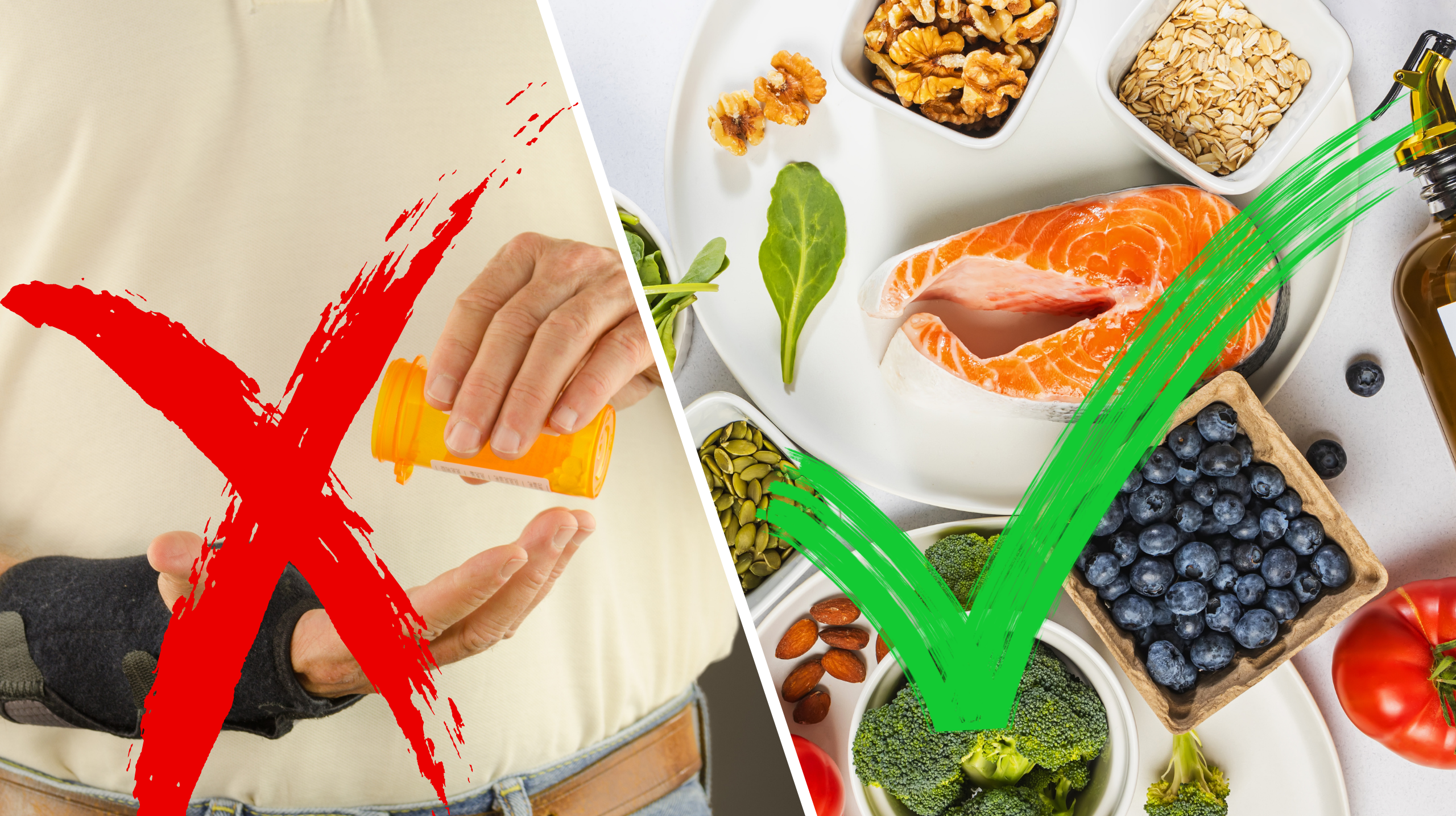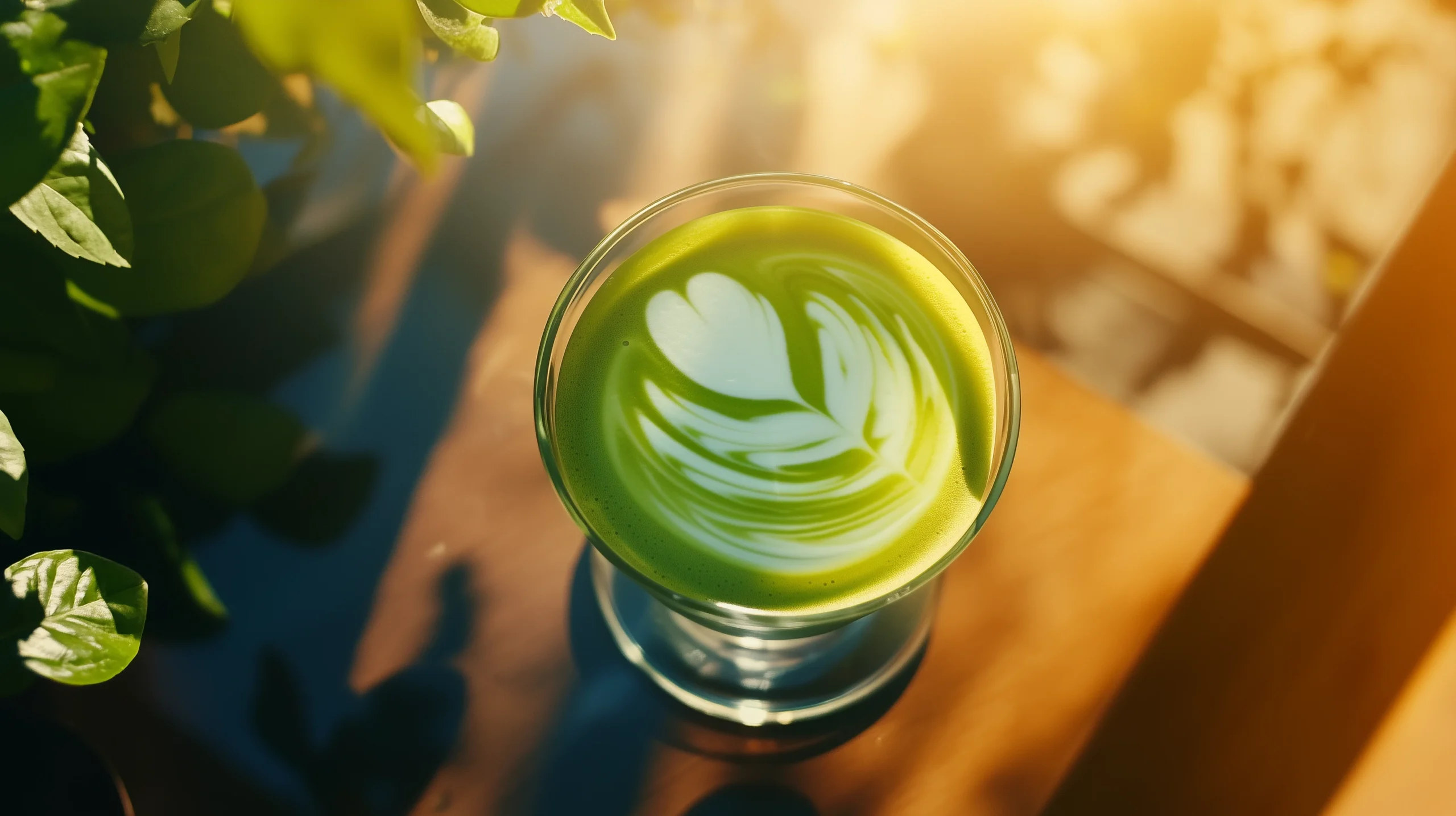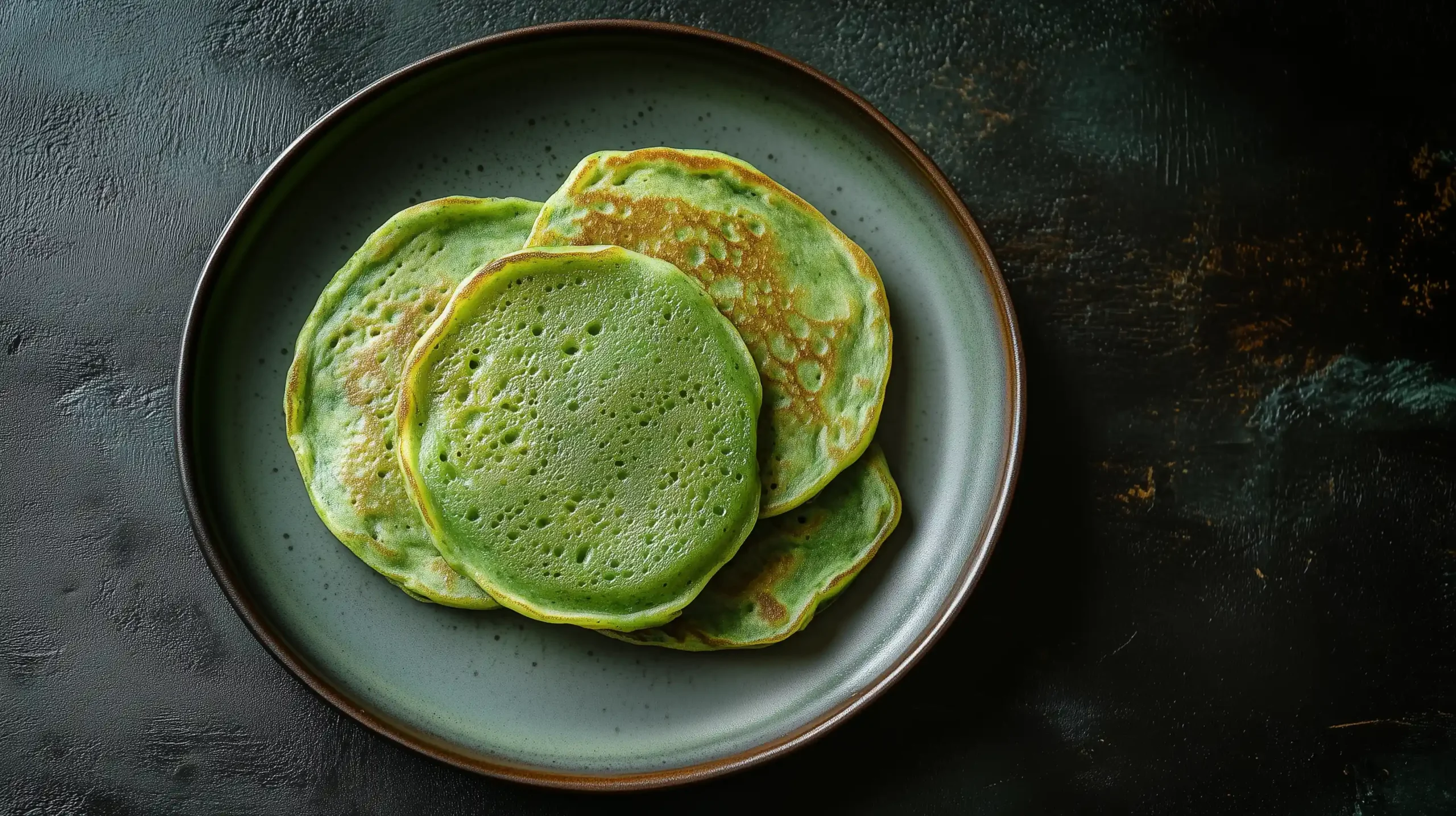The Benefits Of Drinking Matcha Every Day
The Power of Matcha
Did you know that Matcha, the powdered variant of green tea, has been praised in Eastern cultures for over a thousand years? This is not only due to its distinct flavor, but also its natural health-driven benefits. Here are 15 unexpected benefits of adding matcha into your everyday life:
1. High in Antioxidants
- Because Matcha is full of powerful antioxidants, particularly catechins, this helps to counteract oxidative stress and prevent inflammation[^1].
2. Boosts Metabolism and Burns Calories
- Matcha contains the potent mix of catechins found in green tea, which also helping increase metabolic rate and promote fat burn due to its unique combination of catechins and caffeine[^2].
3. Enhances Calm
- Matcha is rich in an amino acid called L-theanine, which triggers relaxation without drowsiness and produces a calm alertness[^3].
4. Detoxifies the Body
- Chlorophyll has a high detoxifying ability against neutralizing toxins.[^4].
5. Promotes Heart Health
- Regular matcha consumption may decrease the risk factor of heart disease due to reduced bad cholesterol and blood pressure.[^5].
6. Improves Skin Health
- Antioxidants are known to shield the skin from damage which can aid in decreasing signs of aging and diseases such as acne.[^6].
7. Aids in Weight Loss
- Research indicates that matcha may boost thermogenesis, the speed at which the body burns calories, helping maintain weight.[^7].
8. Boosts Brain Health
- The caffeine and L-theanine in matcha can improve brain function, increasing attention, memory and reaction time.[^8].
9. Enhances Immune System
- Matched Content Matcha contains high amounts of catechins; catechins have proven antibacterial and antiviral effects[^9].
10. Reduces Inflammation
- For example, EGCG in matcha is effective to reduce inflammatory markers that might be useful when dealing with cases of arthritis[^10].
11. Stabilizes Blood Sugar Levels
- Matcha can Increase insulin sensitivity and may actually help reduce the risk for type 2 diabetes [^11].
12. Increases Energy Levels
- In contrast to coffee, matcha provides a slow release of energy as a result of its caffeine and the amino acid L-theanine[^12].
13. Supports Liver Health
- Matcha is also very high in antioxidants that can help detoxify and protect the liver from liver disease[^13].
14. Improves Oral Health
- Catechins also assist in keeping oral bacteria at bay, lowering the chances of tooth decay and gum disease[^14].
15. Enhances Meditation and Focus
- Matcha has been used for centuries in tea ceremonies where it conveys a sense of relaxation that can optimize your creative and cognitive flow when working on something or even deepen meditation practices[^15].
Incorporating Matcha Into Your Day
- Morning Matcha: Swap your usual coffee for a matcha latte or tea.
- Matcha Smoothie: Add a teaspoon to your morning smoothie for an antioxidant boost.
- Matcha in Cooking: Use matcha in baking or as a seasoning for a health kick in your meals.
Conclusion
While matcha provides these advantages, your experience might differ. When matcha is incorporated into an overall balanced lifestyle including diet, exercise, and mindfulness — the benefits are enhanced. Keep in mind, quality counts — choose organic matcha to ensure you are receiving all the health benefits.
Are You Ready to Experience The Benefits of Drinking Matcha Every Day? Explore our premium Organic Matcha and start your wellness journey with a cup of vitality.
Note on Sources: For those interested in diving deeper into the benefits of matcha:
[^1]: Chacko, S. M., et al. (2010). Beneficial effects of green tea: A literature review. Chinese Medicine, 5(13).
[^2]: Dulloo, A. G., et al. (1999). Efficacy of a green tea extract rich in catechin polyphenols and caffeine in increasing 24-h energy expenditure and fat oxidation in humans. American Journal of Clinical Nutrition, 70(6), 1040-1045.
[^3]: Unno, K., et al. (2018). Anti-stress effects of drinking green tea with lowered caffeine and enriched theanine, epigallocatechin and arginine on psychosocial stress induced adrenal hypertrophy in mice. Phytomedicine, 42, 136-141.
[^4]: Lin, Y., et al. (2018). Effects of matcha green tea powder on metabolic syndrome in high-fat-diet-induced obese mice. Journal of Nutritional Science and Vitaminology, 64(6), 432-440.
[^5]: Yang, C. S., et al. (2011). Cancer prevention by tea: Animal studies, molecular mechanisms and human relevance. Nature Reviews Cancer, 11(6), 429-439.
[^6]: Saric, S., & Notay, M. (2017). Green tea for the prevention of diseases: The role of catechins in reducing oxidative stress and inflammation. Journal of the American College of Nutrition, 36(6), 473-484.
[^7]: Venables, M. C., et al. (2008). Green tea extract ingestion, fat oxidation, and glucose tolerance in healthy humans. American Journal of Clinical Nutrition, 87(3), 778-784.
[^8]: Dietz, C., & Dekker, M. (2017). Effect of green tea phytochemicals on mood and cognition. Current Pharmaceutical Design, 23(19), 2876-2905.
[^9]: Yam, T. S., Shah, S., & Hamilton-Miller, J. M. T. (2007). Microbiological activity of whole and fractionated crude extracts of tea (Camellia sinensis), and of tea components. FEMS Microbiology Letters, 277(1), 105-114.
[^10]: Ahmed, S., et al. (2016). Regulation of interleukin-1beta-induced chemokine production and matrix metalloproteinase 2 activation by epigallocatechin-3-gallate in rheumatoid arthritis synovial fibroblasts. Arthritis Research & Therapy, 18(1), 238.
[^11]: Liu, C. Y., et al. (2014). Green tea catechins and cardiovascular health. Food Research International, 56, 130-143.
[^12]: Ganio, M. S., et al. (2018). A comparison of the effects of caffeine following ingestion of green tea, coffee, or a caffeine-only beverage. Journal of Food Science, 83(9), 2248-2258.
[^13]: Kim, H. R., et al. (2014). Green tea protects against ethanol-induced inflammation in rat liver: An electron microscopic study. Journal of Nutrition and Health, 47(2), 97-105.
[^14]: Narotzki, B., et al. (2015). Green Tea: A Promising Natural Product in Oral Health. Archives of Oral Biology, 60(3), 420-427.
[^15]: Nobre, A. C., et al. (2008). L-theanine, a natural constituent in tea, and its effect on mental state. Asia Pacific Journal of Clinical Nutrition, 17(S1), 167-168.






